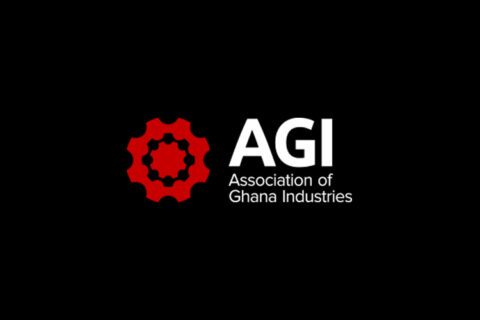Association of Ghana Industries threatens legal action over emission levy
Overall, the AGI’s position underscores the importance of balancing economic policies with the interests of local industries to promote sustainable economic growth in Ghana.

The Association of Ghana Industries (AGI) has expressed serious concerns regarding the implementation of the Emission Levy for manufacturing firms in Ghana. The AGI President, Dr. Humphrey Ayim-Darke, has emphasized the need for scientific justification behind the levy’s implementation, particularly regarding the measurement of emissions from various industries and its potential effects.
Dr. Ayim-Darkespeaking on Joy News PM Express on Thursday, stated that if the government fails to provide scientific justification for the levy and proceeds with its implementation forcefully, the AGI will consider legal action to protect the interests of its members. The AGI is particularly concerned about the practical aspects of measuring emissions, such as how to accurately measure emissions from different types of factories.
- Advertisement -
The Emissions Levy Act, 2023 (Act 1112), which imposes a levy on carbon dioxide equivalent emissions, was announced by the government as part of measures to improve Ghana’s revenue situation and tax-to-GDP ratio. However, despite parliamentary approval and presidential assent, the Ghana Revenue Authority has yet to implement the tax.
- Advertisement -
The AGI’s stance reflects broader concerns within the business community about the impact of new tax measures on industries. Dr. Ayim-Darke highlighted the AGI’s commitment to engaging with the government on these concerns and ensuring that the interests of industries are protected.
- Advertisement -
Furthermore, the AGI President advocated for government policies aimed at supporting Ghanaian industries, including measures to restrict the importation of certain items and commodities. He argued that opening up the economy without sufficient measures to support local industries could negatively impact Ghana’s economy.
Regarding economic stability, Dr. Ayim-Darke emphasized the importance of stabilizing the Ghanaian cedi, as fluctuations in currency value can significantly affect the cost of doing business in the country. He also noted the positive impact of securing an IMF program, which has facilitated increased inflows from international partners and improved engagement with foreign firms.
Overall, the AGI’s position underscores the importance of balancing economic policies with the interests of local industries to promote sustainable economic growth in Ghana.
Source:norvanreports
- Advertisement -



